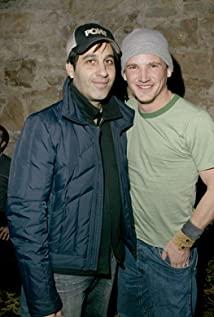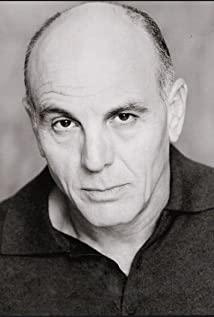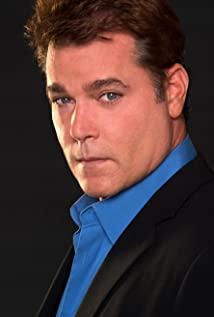What is the climax of this movie?
The film has two climaxes: the first is that the doctor uses drugs to force these McCann personalities to intersect, and then asks the driver Ed, the character, to find the killer and kill him. In the end, McCann seemed to have only the Parisian personality of the orange tree, so the judge granted a stay of the death sentence in McCann's case and sent him to a mental sanatorium. The second climax is that of McCann's most evil personality, Timsey, who didn't die, he killed Paris in the end and became McCann's only personality.
The relationship between these two climaxes is that the former is the climax of external conflict and the latter is the climax of internal conflict. In the two climaxes, McCann has two identities, driver and child. The driver has always been the protagonist of this film. On behalf of the protagonist, he constantly experiences escalating conflicts and changes, and pursues a determined desire to find the real murderer. The child is an insinuation of the protagonist's childhood with a split personality, the so-called original sin id that begins with all evils. What he represents is that the protagonist is relatively passive and has a strong inner struggle.
How do you define the climax of a movie?
A climax is an unexpected but meaningful change.
First, the orgasm has to be a big change. It is the characters and themes of the story that change from one direction to another. The change in the first climax is from the driver killing people to the doctor saving people. As a result, the characters and themes have a new look, and the audience's spirit is lifted. The second climax changes from the patient being treated to the patient committing murder again. As a result, the characters and themes are turned upside down again, and the audience is excited again.
The size of the change determines the capacity of the story. If the characters in the story go from being a good person to a better person, or from the worst person to a little bit bad, then the audience doesn't feel good enough. This kind of physical coolness is like the difference between riding a jumping machine and riding a slide. In the process of human beings being domesticated by the audio-visual language that has appeared, the threshold of coolness is getting higher and higher, so ordinary slides are only interested in children, and skydiving and bungee jumping are the love of enthusiasts.
Second, the climax must be meaningful. Meaning is the controlling thought, which is what kind of emotional value the audience gets from watching the movie. The first climactic meaning is "justice wins because the protagonist is kind", the driver and the fugitive perish together, and the doctor heals McCann. The second climactic meaning is "original sin wins, because the family shadow of childhood is indelible". The little boy is an insinuation of the fat man's childhood, and other personalities are produced by the gradual splitting of this personality under the influence of his parents' bad behavior in childhood.
Finally, the orgasm has to be unexpected. "Unexpected" is an emphasis on "change", and "unexpected" is "change". If a change is expected by the audience, it is difficult to call it a change. Just like when we returned to our hometown after a long absence, we didn’t expect that the road would become a viaduct and the school would become a shopping mall—this is called change. If the summer when we left has turned into a cold winter, or if the small saplings by the roadside have grown stronger - these unexpected changes will not attract our attention.
Meaning is an internalized emotional thought, while unexpectedness is an externalized form of action. The two should be essentially the same thing. The climax of all stories is to give the audience what they want, but not in the form of action they desire. That is to say, the emotion must be acceptable and understandable by the audience, not a heretical emotion that transcends human nature at all. But the action that expresses this emotion has to be something that has never been seen in the previous story. For example, it is not the driver who is tracking down the murderer, but the doctor helping the patient to kill the bad multiple personalities. It's not that Paris triumphs over good and evil, but the id wins the indelible shadow of childhood. The latter action, and the meaning represented by this action, had no information before, only the grass snake and gray line, so that when the audience looked back, they found that it was originally the case. When looking backwards in the timeline, when the Inciting Event occurs, all events are possible, but looking back at the climax, the viewer finds that the path chosen is the only one, as it should be.
Epilogue
As Truffaut said: A great movie ending often means "spectacular and truth". The spectacle here is the unexpected action, and the truth is the emotion full of meaning. So the climax is—unexpected and meaningful change.
View more about Identity reviews











